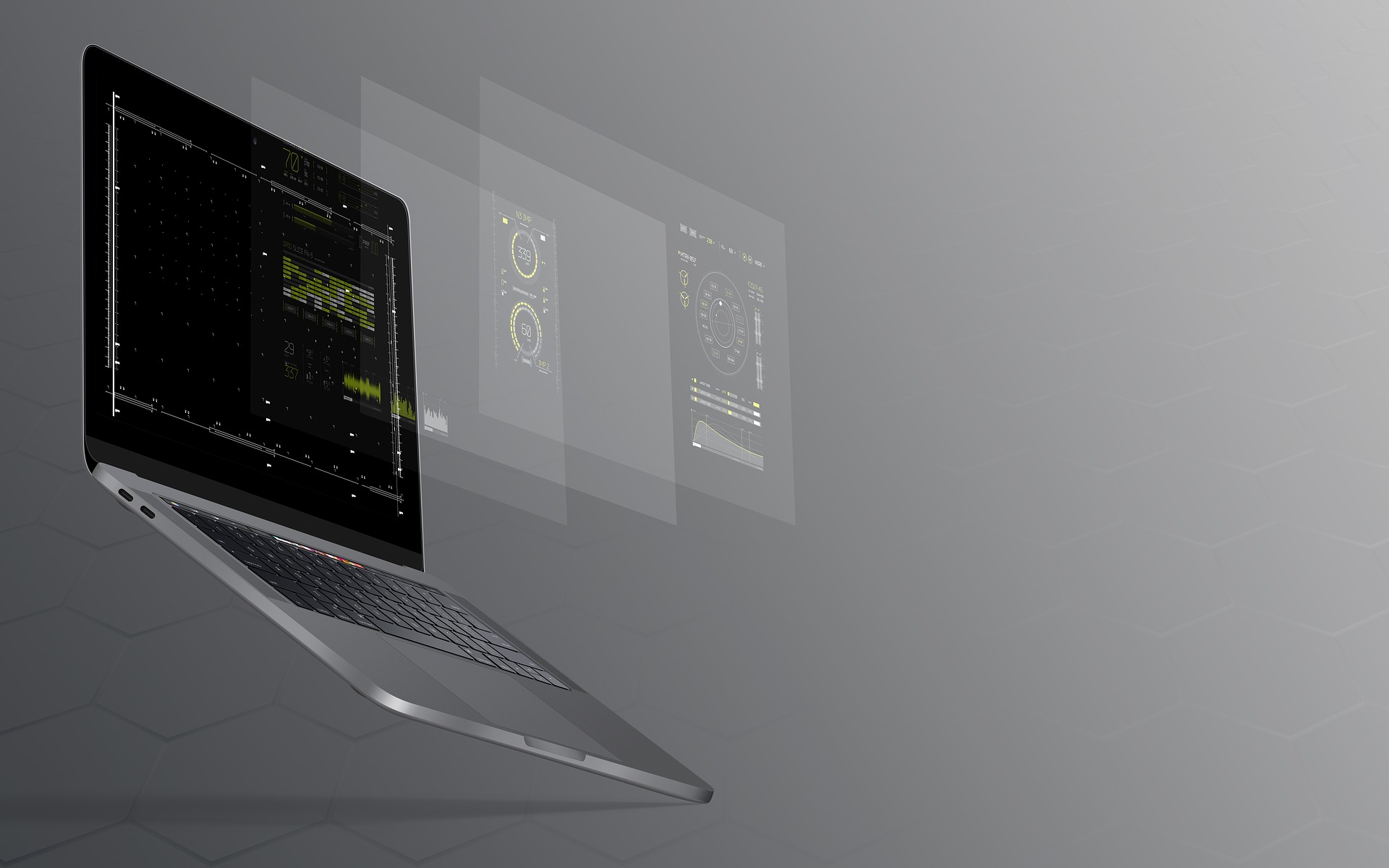As long as there has been society, there has been work. In early human civilizations, work was a central part of building vast cities and towering monuments – though it often wasn’t voluntary, or paid. From there, early trading and crude bartering originated, eventually turning in to commerce and money. Then came the advent of industrialisation and organised work, more similar to that which we are familiar with today, than more ancient forms of labour.
Not only that, but the nature of the jobs we have needed have transformed radically. Early work would have consisted of the necessities: finding food and water. Then, as society developed, increasingly skill work will have evolved. Construction and similar sectors were major players in growing empires. Early hunting progressed into sedentary farming, and textiles work began to grow, particularly for women. And with the birth of heavy industry, came the vast variety of skilled work we know today.
But just as work has evolved to this point, it will continue to evolve. The world of work we know is completely different to the one experienced by our ancestors, and is totally different to one which will be enjoy by our descendents. With the rise of new technology, new industries, and new tomorrows, comes new jobs, new industries, and new approaches to completing the jobs necessary to the functioning and furtherance of society and its citizens.
So what does the future of work have in store? How will the necessary jobs be filled? Will the industry of tomorrow be at all similar to that which we know today, or will science and technology redefine what work means and who it is that works? And what new jobs will evolve and grow from the new technology that will be so widespread in the future? To answer these questions, let’s look at two key areas: the role of AI, and new jobs.
AI
Artificial Intelligence are advanced machines capable of abstract thought and problem solving comparable to that of the human brain. If such a computer were eventually perfected, it would be extremely powerful – a machine with the intelligence of a human, without the drawbacks of humanity. But it would also be a robot free of sentiment, mercy, or compassion – the most powerful tools in the human arsenal.
AI, capable of the thought of a human, would threaten, potentially, a billion jobs, providing cheap, efficient labour, without the needs of a human, or the need to treat them compassionately or humanely. The advent of fully autonomous and sophisticated AI would transform the world of work forever, destroying some jobs entirely and leaving certain industries free of humanity save in the role of engineers and programmers.
Jobs of tomorrow
And yet, whilst traditional industries may be redrawn, and old, unskilled human labour would be rendered impractical and unnecessary by the development of AI, the growth of technology will create plenty of new jobs. And that is not just new jobs in terms of numbers, but also positions that have never before existed. From self driving car mechanics and drone managers, to space tourism guides and eSport athletes, there will be whole new industries to fill, roles to perform, and skills to learn. Technology will not be a totally destructive force – but work as we know it will change entirely.


